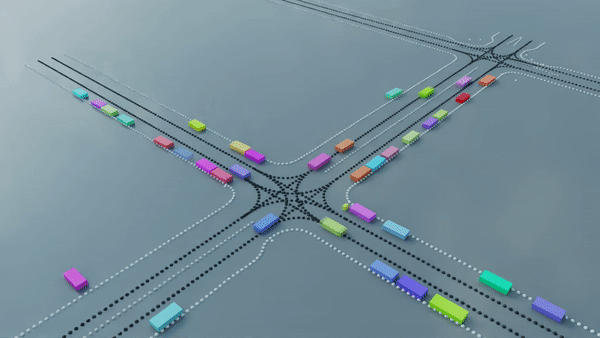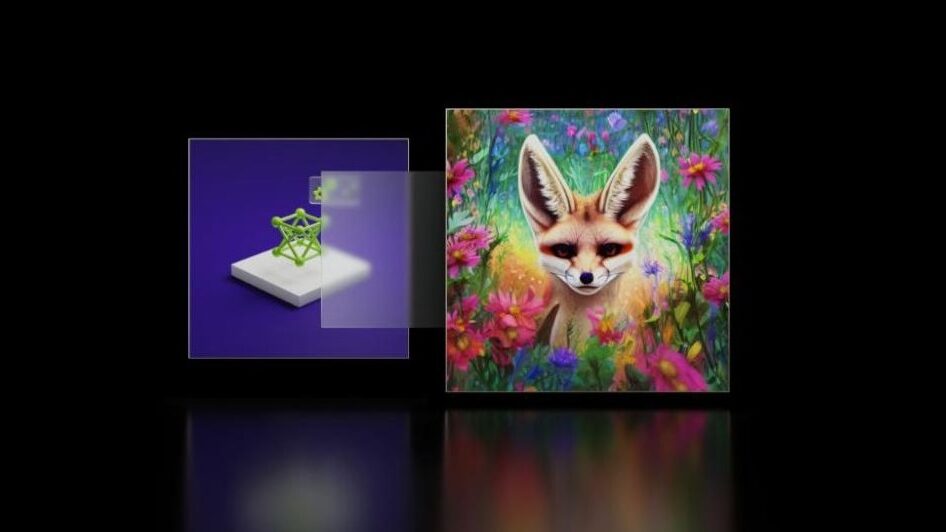NVIDIA announced at Computex 2018 the extensive collaboration with Taiwan’s Ministry of Science and Technology that will advance the country’s artificial intelligence capabilities.
“Taiwan was at the center of the PC revolution and now it is investing to play an important role in the next era of computing,” said Jensen Huang, founder and chief executive officer of NVIDIA. “With the essential infrastructure and tools, the rich talent in Taiwan’s schools and industry will create world-changing breakthroughs in science and society.”
The partnership will extend over the next decade and will be focused in five key areas:
- Supercomputing infrastructure. NVIDIA and Taiwan government agencies will co-invest to bring NVIDIA’s most advanced technology to Taiwan, including the new NVIDIA HGX-2, which fuses AI and high performance computing into a single platform.
- Research. NVIDIA Research, a global organization that includes some of the world’s best computer scientists, will collaborate with Taiwan researchers and startups to exchange best practices.
- Training. NVIDIA will expand its Deep Learning Institute — which has provided developers worldwide with hands-on training for beginning and advanced AI techniques — to train thousands of Taiwanese developers on the latest AI capabilities.
- Startups. Taiwan agencies and NVIDIA will work together to help Taiwan AI startups through NVIDIA’s Inception startup accelerator program, which is helping more than 2,800 young companies globally.
- Innovation. Joint investment in developing AI solutions for key vertical markets for Taiwan, including manufacturing, healthcare, safe cities and transportation
“Taiwan is committed to be an important global player in the AI ecosystem,” Taiwan Premier Lai Ching-te said. “NVIDIA is the leader of AI computing in the world. By collaborating with NVIDIA, we will gain the expertise and technical platforms to train AI talents, build the strongest AI ecosystem of both software and hardware, and further reshape the world with our own technologies and services of AI.”
Read more >










